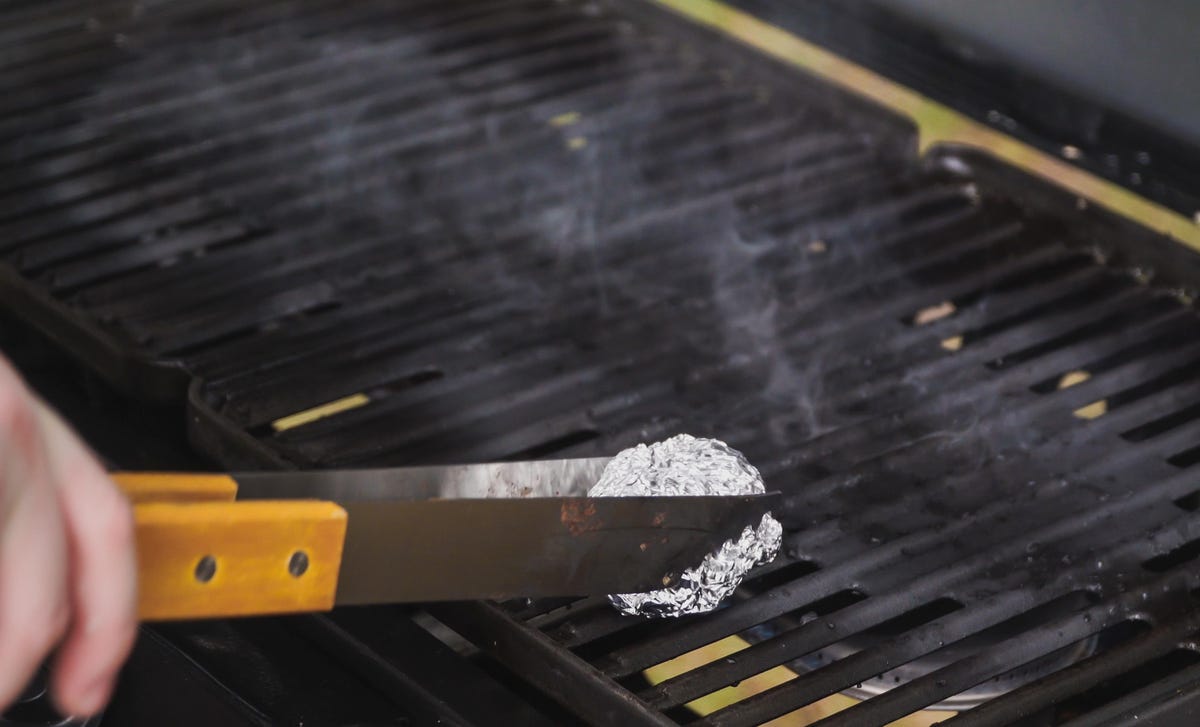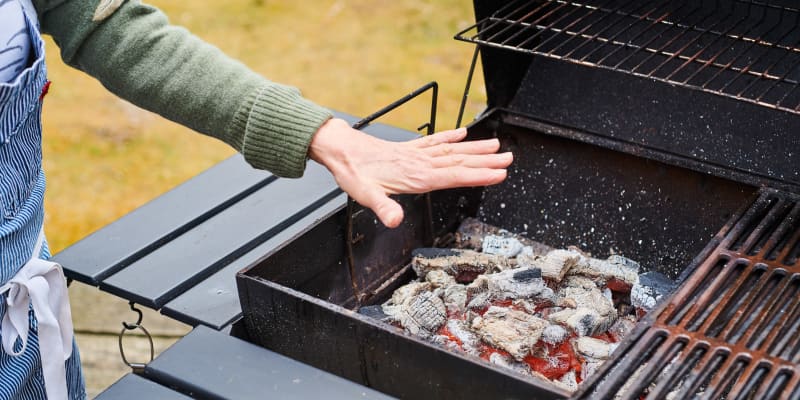Why Are Grill Grates Rusting Fast? Tips to Fix
Written By James Morgan
For barbecue enthusiasts, there's nothing worse than discovering that your grill grates are rusting fast. This common issue can turn your grilling dreams into a rusty nightmare if not addressed promptly. In this article, we'll explore the reasons behind fast-rusting grill grates and provide you with practical solutions to keep your grill in top shape.

The Culprits Behind Rapid Rusting
Moisture and Humidity
One of the primary reasons why grill grates rust quickly is due to moisture exposure. When grill grates aren't properly covered after use, they are exposed to rain or dew, leading to rust formation. Even humidity in the air can contribute to this problem, especially in coastal areas where salty air accelerates rusting.
Lack of Regular Cleaning
Over time, grease and food debris can accumulate on your grill grates. If not cleaned regularly, these residues can trap moisture and cause rust. It's essential to establish a cleaning routine to prevent this from happening.
Using Water-Based Cleaners
While it may seem logical to use water-based cleaners to clean your grill, they can actually contribute to rust formation. Instead, opt for specialized grill cleaners or simply use a wire brush to remove debris. For more cleaning tips, check out this comprehensive guide on cleaning grill grates.
Preventing Rust: Tips and Tricks
Invest in a Quality Grill Cover
A grill cover is your first line of defense against moisture. Ensure that your grill is covered when not in use to protect it from rain and humidity. Look for covers made from durable, weather-resistant materials to maximize protection.
Regular Maintenance and Cleaning
Establishing a regular cleaning routine is crucial for preventing rust. After each use, clean your grill grates with a wire brush to remove any food particles. For a comprehensive guide on preventing flare-ups and maintaining grill health, visit How to Prevent Flare-Ups.
Seasoning Your Grill Grates
Just like cast iron skillets, grill grates can benefit from seasoning. Apply a thin layer of oil to your grates before grilling to create a protective barrier that prevents rust. This simple step can significantly extend the life of your grill grates.
Store Your Grill Properly
If you live in an area with harsh winters, consider storing your grill indoors during the off-season. This can prevent exposure to moisture and prolong the life of your grill. For further insights on maintaining grill temperatures during different seasons, explore Grill Grate Cooking Temperatures.
When to Replace Your Grill Grates
Despite your best efforts, there may come a time when your grill grates are beyond repair. Look for signs such as extensive rust, flaking metal, or structural damage. Replacing your grill grates is a wise investment to ensure safe and enjoyable grilling experiences.
For an in-depth look at the science behind grill grates and their materials, visit this Science of Grill Grates article.
Conclusion
Understanding why your grill grates are rusting fast is the first step in maintaining a rust-free grill. By following the tips and tricks outlined in this article, you can enjoy delicious, rust-free barbecues for years to come. Remember, a little maintenance goes a long way in preserving the life of your grill grates.

Frequently Asked Questions
1. Can I use vinegar to clean my grill grates?
Yes, vinegar is a natural cleaning agent that can help remove rust. Mix equal parts vinegar and water, spray it on the grates, and scrub with a brush.
2. How often should I clean my grill grates?
It's best to clean your grill grates after every use to prevent the buildup of grease and food particles, which can cause rust.
3. Can I prevent rust on cast iron grill grates?
Yes, by seasoning your cast iron grates regularly and keeping them dry, you can prevent rust formation.



